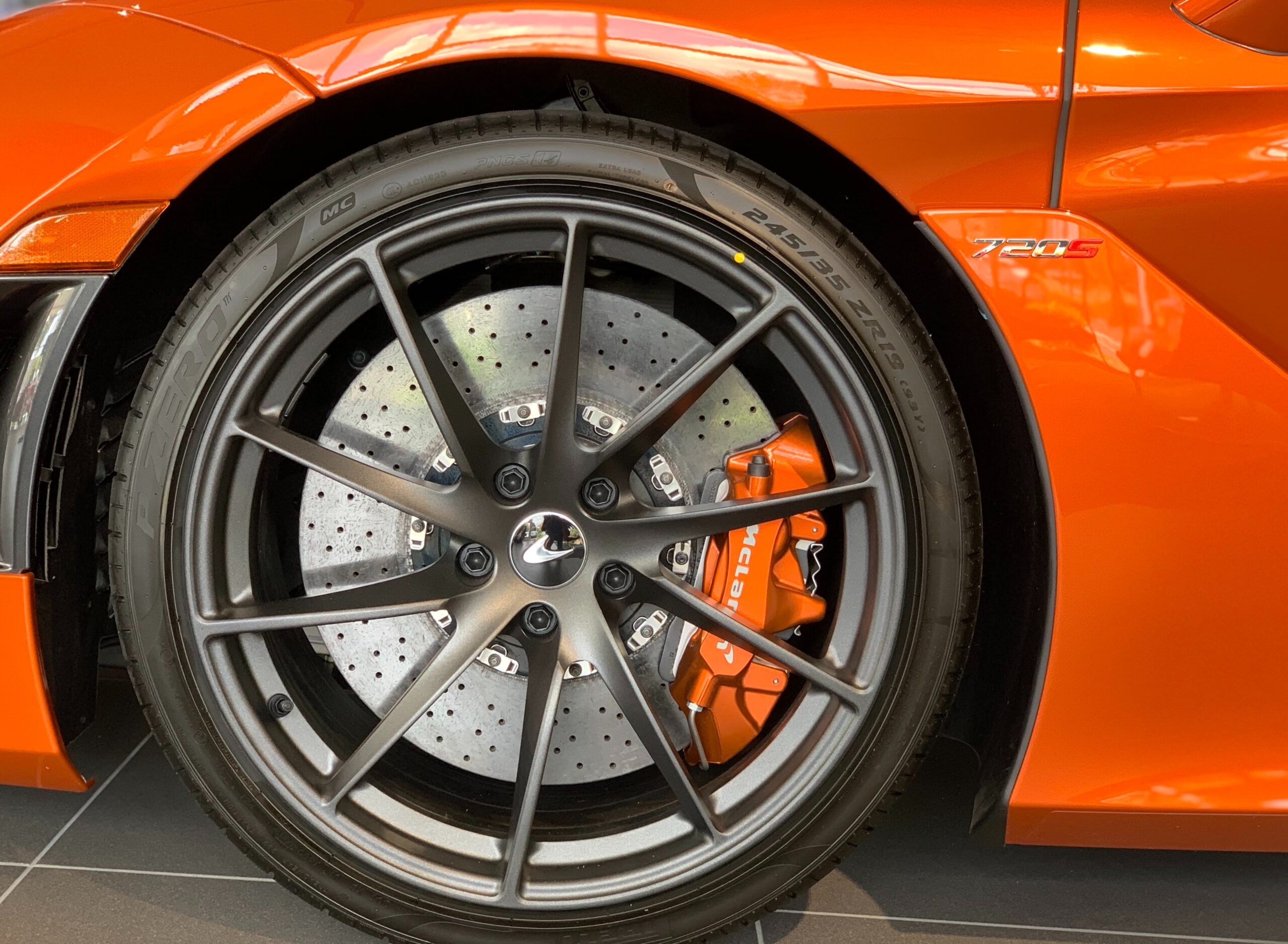
The Importance of Timely Brake Replacement
Operating a vehicle with worn-out or faulty brakes is akin to a ticking time bomb. It’s no exaggeration to say that your life and the lives of others on the road depend on the effective functioning of your vehicle’s brakes. Thus, understanding when to replace your brakes could be a lifesaver. Make sure to check brake shop near me to find a place that can do it for you.
Unfamiliar Noises are Warning Signals
If you hear an unusual, high-pitched squeal when you apply the brakes, it is a clear indication that your brake pads are worn out and need replacement. This sound is caused by a small metal shim, a wear indicator, designed to warn the driver when such replacement is needed. If the squealing turns into a clicking noise, it signifies that your brake pads are severely worn, and immediate attention is required.
Feeling the Difference
If your car takes longer than usual to stop, or if the brake pedal sinks all the way to the floor when you apply pressure, these are telltale signs that your brake system is not functioning properly. Additionally, if the vehicle pulls to one side when you depress the brake pedal, it could mean that the brake linings are wearing unevenly or that there is foreign matter in the brake fluid.
Visual Clues and Brake Dust
One simple way to check the state of your brake pads is through a visual inspection. If less than 1/4 inch of the pad is visible, it’s time for a replacement. Additionally, if you notice an excessive amount of brake dust on your rims, this could mean that the brakes are deteriorating faster than usual.
Brake Warning Light
Modern vehicles come equipped with a brake warning light on the dashboard. This light usually illuminates when there’s an issue with the braking system. While this could be as simple as the handbrake being engaged, it could also indicate a more serious issue such as low brake fluid or worn brake pads.
A Matter of Mileage
How often should you replace your brakes? The answer depends on various factors such as your driving style, the type of car, and the quality of the brake pads. Still, it’s a good rule of thumb to have your brakes inspected every 12,000 miles or at least once a year.
Final Thoughts
With brakes being such a critical safety component, their maintenance should never be overlooked. Regular inspection and timely replacement of brake components are essential for a safe driving experience. Remember, when it comes to brake safety, being proactive is always better than being reactive. As the saying goes, “An ounce of prevention is worth a pound of cure.”